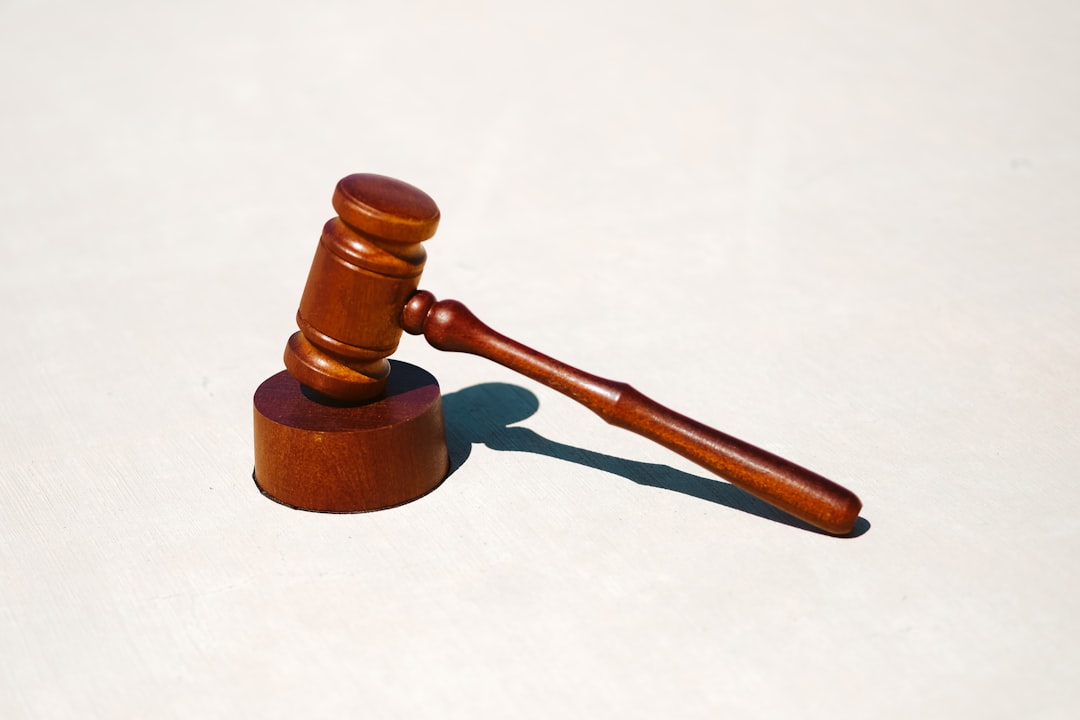In Illinois, doctor attorneys are essential for preserving evidence in sexual abuse cases involving medical professionals. They navigate stringent legal guidelines related to medical records, digital data, and witness testimonies, ensuring integrity for court use. In the digital age, securing online interactions and communications is crucial, with doctor attorneys advising on encryption, backups, and digital forensics. For physical evidence, they guide collection, handling, and storage, maintaining a structured chain of custody. Non-compliance can lead to legal consequences, including civil lawsuits and criminal charges, emphasizing the need for robust record-keeping by healthcare institutions under expert guidance from doctor attorneys in Illinois.
In Illinois, where doctor attorneys play a crucial role in sexual abuse cases, preserving evidence is paramount. Understanding the legal requirements and taking immediate action can significantly impact the outcome of your case. This guide outlines essential steps for collecting and securing both digital and physical evidence after doctor sexual abuse. From engaging doctor attorneys to following proper documentation procedures, learn how to ensure admissible evidence in court.
Understanding Legal Requirements for Evidence Preservation

In Illinois, the preservation of evidence in sexual abuse cases involving doctors is a critical aspect of ensuring justice and accountability. Doctor attorneys in Illinois must be aware of the legal requirements to maintain and safeguard potential evidence that can support their clients’ claims. Understanding these obligations is crucial for both plaintiffs and defense counsel alike.
Illinois laws outline specific guidelines for preserving medical records, digital data, witness testimonies, and other relevant documents. Failure to comply with these rules may lead to evidentiary issues during legal proceedings. Doctor attorneys must promptly secure and protect any evidence that could be pivotal in a sexual abuse case. This includes taking immediate steps to gather, document, and store all pertinent information, ensuring its integrity for potential court use.
The Role of Doctor Attorneys in Illinois Sexual Abuse Cases

In Illinois, sexual abuse cases involving medical professionals can be complex and emotionally charged. Doctor attorneys play a crucial role in navigating these intricate legal matters. Their expertise lies in understanding both the medical and legal aspects of such cases, ensuring clients receive competent representation. These attorneys are well-versed in interpreting medical records, identifying potential evidence, and communicating with healthcare providers to gather crucial information that can support their client’s claims.
They guide clients through the process of preserving evidence, which is essential given the sensitive nature of sexual abuse allegations against doctors. Doctor attorneys in Illinois help individuals understand their rights, ensuring every piece of relevant documentation is secured and used effectively during legal proceedings. This includes medical reports, examination findings, and any communication that might be considered evidence related to the alleged abuse.
Steps to Secure and Preserve Digital Evidence

In the digital age, evidence can be as powerful as physical records. For survivors of sexual abuse by doctors in Illinois, securing and preserving digital evidence is a crucial step. This includes any online interactions or communications related to the incident, such as emails, messages, social media posts, or even search history that could provide relevant insights. Doctor attorneys in Illinois emphasize the importance of acting swiftly; immediately after realizing the potential for digital evidence, one should take steps to preserve it.
To achieve this, create a safe and secure location on your device where all relevant digital information can be stored. Enable encryption if possible to protect its confidentiality. Then, make multiple copies of the data and store them in different locations to ensure redundancy. It’s also wise to consult with an expert or a specialized digital forensics team who can help in navigating the legal aspects of collecting and presenting this evidence in court, ensuring its admissibility while maintaining its integrity.
Documenting Physical Evidence Collection Process

After a doctor sexual abuse incident in Illinois, preserving physical evidence is crucial for any legal proceedings against the offending physician. The process should be meticulously documented by ensuring that all evidence is collected, handled, and stored properly under the guidance of experienced doctor attorneys in Illinois. This includes taking detailed notes on when, where, and how each piece of evidence was gathered, along with photographs or digital recordings of any relevant physical findings.
It’s essential to maintain a structured chain of custody for all evidence, ensuring that its integrity and authenticity are preserved throughout the collection and storage process. Doctor attorneys in Illinois can help navigate this intricate aspect of legal representation, ensuring that every step is documented accurately, which is vital for presenting a strong case against the accused healthcare professional.
Legal Consequences of Failing to Preserve Evidence

In Illinois, the legal consequences of failing to preserve evidence in sexual abuse cases involving doctors can be severe. Doctor attorneys in Illinois are well-versed in the strict rules regarding evidence preservation. If a healthcare provider or institution fails to maintain and produce relevant records, it may lead to significant legal repercussions. This includes potential civil lawsuits, where victims can seek compensation for their suffering. Furthermore, criminal charges might be pressed if the non-preservation of evidence hinders a criminal investigation, as it could be seen as an obstruction of justice.
The impact extends beyond financial penalties. Doctor attorneys may argue that the failure to preserve evidence undermines the integrity of the legal process and makes it challenging for both victims and prosecutors to seek justice. As such, healthcare institutions must ensure proper record-keeping and evidence management protocols to protect themselves legally and ethically in these sensitive cases.






